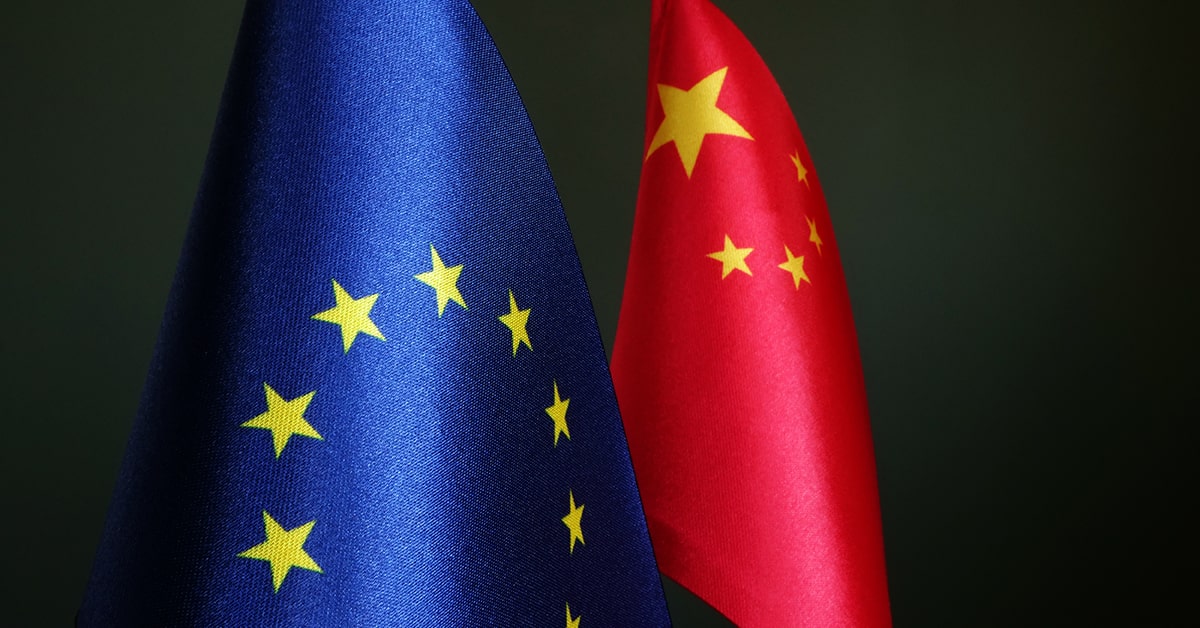Strongly advocated by Germany, the agreement drew criticism from other European Union member states concerned with issues ranging from Beijing’s human rights record to cybersecurity and technology transfer.

The deal gives European investors broader market access to China; in exchange, Beijing gets to further diversify its commercial partnerships and cushion the possible effects of a tougher US trade stance by the Biden administration. Seven years in the making, the Comprehensive Agreement on Investment (CAI) was rushed to completion in the final days of 2020. Policymakers in Washington have long expressed their disapproval of the agreement—and many in Brussels are not happy either.
Strongly advocated by Germany, whose automobile industry relies especially heavily on exports to China, the agreement drew criticism from other European Union member states concerned with issues ranging from Beijing’s human rights record to cybersecurity and technology transfer (forced sharing of technology in exchange for market access). Many details of the CAI still need to be ironed out, notes Giorgio Prodi, associate professor of applied economics at the University of Ferrara; but the December signoff itself is extremely meaningful.
“It confirms that for the EU, despite all the problems on the table, from the crackdown in Hong Kong to the plight of the Uighurs, China is a key economic partner,” Prodi says. And the accord does not necessarily constitute an adversarial move against the US. “However, it states that the European bloc has its autonomous strategy, the same way the US established its own arrangement with China to reduce the bilateral trade deficit without much regard for how that would affect third parties like the EU.”
While damage to the transatlantic relationship is not a given, nor would it be irreversible, officials of both the EU and China have signaled confidence that the CAI will be a boon to their companies and boost the global post-pandemic recovery.
Not so fast, Prodi cautions: “First, the agreement has to be confirmed by the EU Parliament; and this will happen when German Chancellor Angela Merkel is no longer in power.” Whoever replaces her, he argues, will not have the same clout, leaving open the possibility that critical voices will build serious opposition. “Second, while new opportunities for European companies could be huge in many industries, past experiences show that, when dealing with China, their implementation can be very complicated.”
This story may yet have another chapter.



